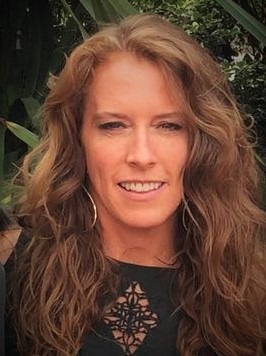
In this podcast episode, Laura Fish and I share how early educators can broaden their perspective around the “causes” for challenging behavior. You will learn how to discover the “why” behind a child’s behavior.
This episode is for you if you are interested in:
- Helping children remain the Green Zone (i.e., learn how to respond instead of react)
- Strengthening your understanding of what may contribute to challenging behaviors
- Understanding the concept of prevention and promotion vs. intervention
- Aligning teaching practices with children’s basic needs and drives
Case in point…Let’s say, a four-year-old in a preschool classroom is transitioning from circle time to free play. He approaches a block area because he has a plan to build a house out of foam blocks. He avoids the emotional harm of frustration or disappointment by getting to the block area first so he can claim space and get the blocks…
Want to hear the rest of the story?
Listen Now!
Click here to download the transcript for Podcast episode 27.
Looking for more practical way to help children stay in the green zone and to really ensure their upstairs brain grows? Download our FREE handout for this episode. It contains, practical strategies to help children avoid, approach, and attach in appropriate ways.
Show Notes (resources mentioned in this episode):
- Rick Hanson’s work [link]
- Dan Siegel’s work [link]
- Blog on “Red Train Theory” [link]
- Blog on self-reflection [link]
- Previous podcast episodes with Laura Fish:
Guest Podcaster:

Laura’s interest in working with children and families began at the University of California at Berkeley, where she graduated with a B.S. in Psychology. While earning her Masters in Counseling from San Diego State University, she worked as a preschool teacher, developing an intimate understanding of the challenges that teachers face.
After earning her master’s degree, Laura maintained her connection with the early childhood education field serving as a mental health consultant for public, private pay, and Head Start infant, toddler and preschool early education programs, including Montessori and Reggio Emilia inspired programs. This work included partnering with child welfare and special education departments to provide support for children with identified risk factors, special needs or disabilities to be fully included.
Since that early start, Laura has worked as a therapist with child, adolescent and adult populations in various settings, including community-based wraparound service programs for CPS involved families and mental health consultation for early childhood programs. For the past 10 years she has provided training and coaching on social and emotional development for early childhood education, elementary and high school teachers, mental health consultants and coaches.
As an advocate for teachers, Laura works hard to provide them with meaningful information and strategies that are intended to make their jobs less stressful and ensure that children of all ages are safe physically, mentally, and emotionally. She grounds her work with educators and parents in teachings about the brain so they may provide children with the responsive caregiving they deserve based on science, not habits.
Laura’s website: www.laurafishtherapy.com
Laura’s Blog: www.laurafishtherapy.com/blog